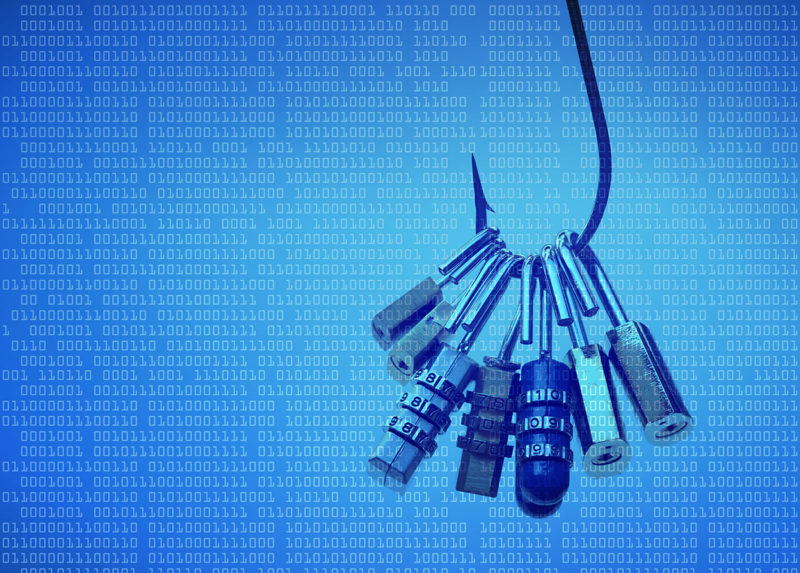Using the Internet has become second-hand nature for those of us who live in the modern world, so sometimes we may lose sight of safe surfing.
In the meanwhile, circumstances aren’t getting any better; $1.5 trillion of profits were gained by cybercriminals in 2018 alone.
The drastic rise of cybercrime means everyone should practice caution on the Web. The following 7 tips can help keep Internet surfers safer online:
1) Create Strong Passwords
Creating strong passwords is probably the number one rule and most obvious piece of advice when it comes to using the Internet. Yet, people oftentimes would fall short in doing so. Secure passwords usually contain about 15 characters, which include a mix of capped and uncapped letters, numbers, and special characters. Password managing software may come in handy when handling multiple accounts that require passwords.
2) Protect Personal Information
Personal information can be used for stealing identities or social engineering, so protecting such information is crucial. Be sure not to overshare personal information on social media or other networking sites. Hackers seek answers for common security questions such as pet names and mother’s maiden name, which some people display on public accounts.
3) Be Careful with Downloads
Just one wrong download can lead to a security breach. Always double check email attachments or links that appear suspicious or come from an unfamiliar vendor. Spam emails, “special offers”, online quizzes, and phony apps may all contain some form of malware waiting to steal or encrypt personal data.
4) Keep Your Internet Connection Secure
Use secure Internet connections as much as possible to ensure online safety. Public Wi-Fi networks, usually available in coffee shops and libraries, are often unsecure. Using public networks makes devices more vulnerable to hackers. If using a public network can’t be avoided, then consider a Virtual Private Network (VPN), which secures Internet connection from anywhere.
5) Practice Safe Browsing & Shopping
When browsing or shopping online, be wary of links or suspicious web pages. Secure websites usually include “https” and a padlock in the address bar. Typos, grammatical mistakes, urgent messages to act now that appear on any page or window should be avoided and considered as red flags.
6) Use a Firewall
Firewalls help prevent unauthorized access to computers and devices in a network. Internet of Things (IoT) devices such as Google Home or webcams lack security features and may serve as entry points for hackers; this makes firewalls especially useful. Also, make sure to update operating systems and security apps often to enable the strongest protection.
7) Stay Aware of the Latest Scams
Ransomware and cybercriminal techniques such as social engineering is constantly changing and evolving; staying up-to-date on such scams can keep Internet users one step ahead.
Internet safety cannot be taken for granted. Because millions of people use the Internet as an everyday tool, whether for good or bad, we can never be too safe when protecting our data, identity, and monetary assets.




